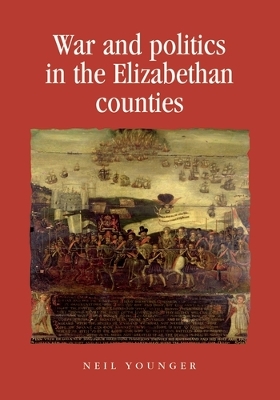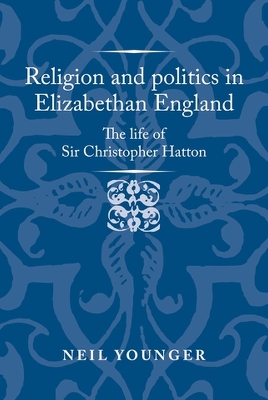Politics, Culture and Society in Early Modern Britain
2 total works
War and politics in the Elizabethan counties reassesses the national war effort during the wars against Spain (1585-1603). Drawing on a mass of hitherto neglected sources, it finds a political system in much better health than has been thought, revising many existing assumptions about the weaknesses of the state in the face of military change.
It examines politics and government from the court and privy council to the counties and parishes, assessing the central regime as well as the local machinery of lord lieutenancies which provided troops to fight Elizabeth's wars and ran the militia which defended against Spanish invasion attempts. The problems of government are assessed in a wide-ranging set of contexts, addressing popular attitudes to the war, government propaganda, local resistance and the problems of governing a country divided in religion. In this way the book covers much more than the war alone, providing a new assessment of the effectiveness of the whole Elizabethan state.

